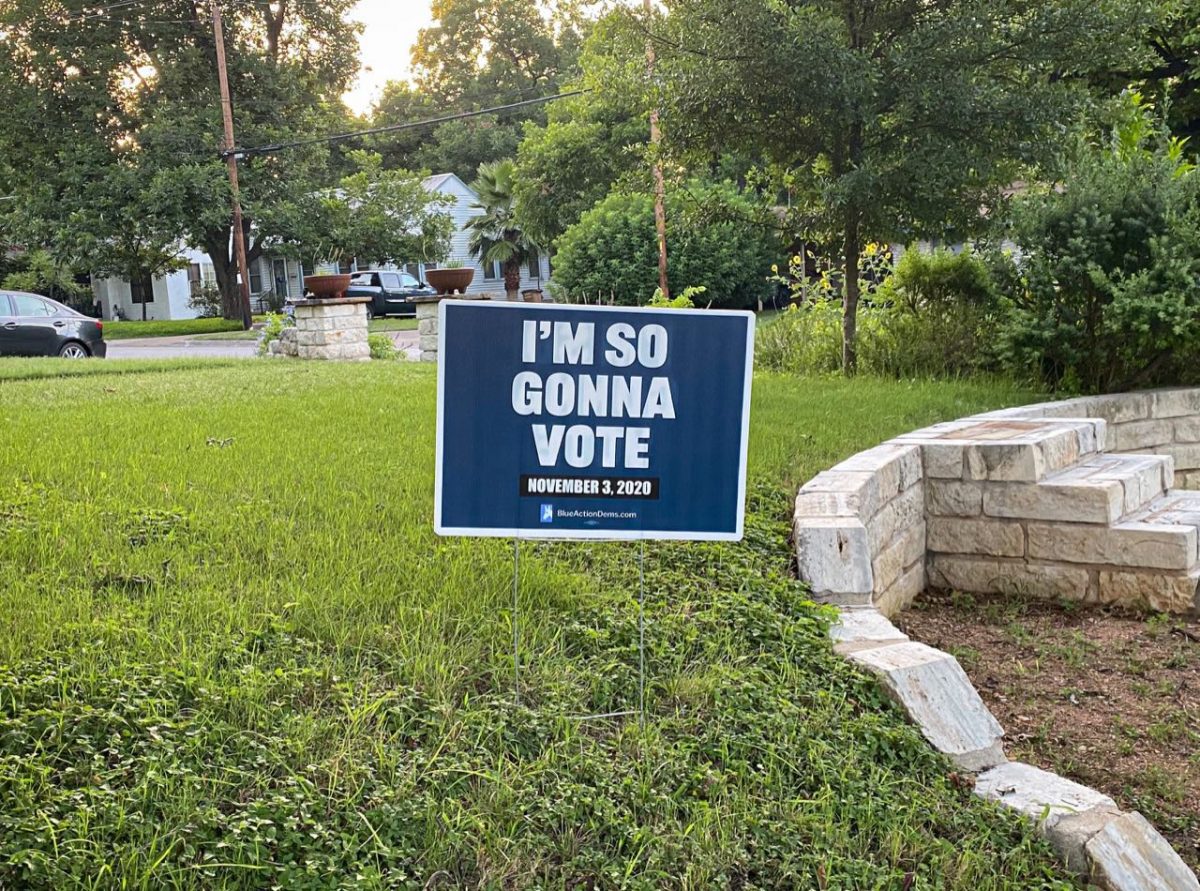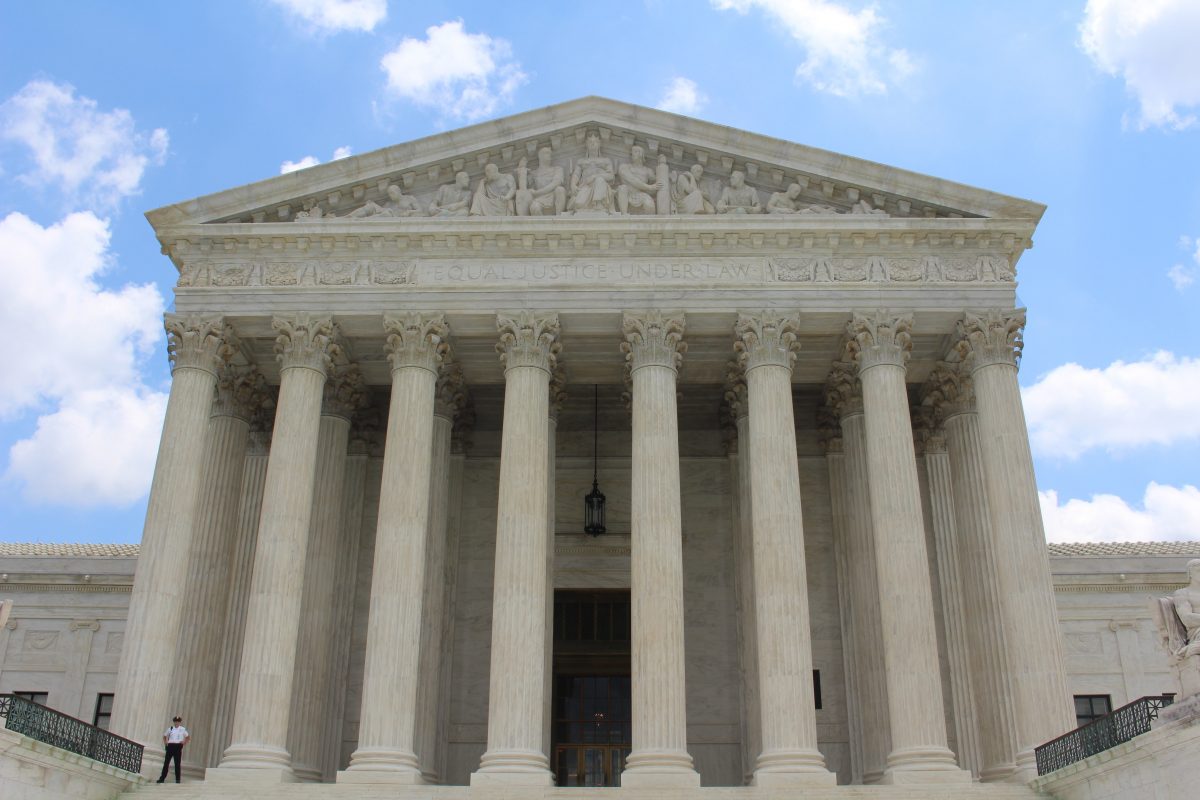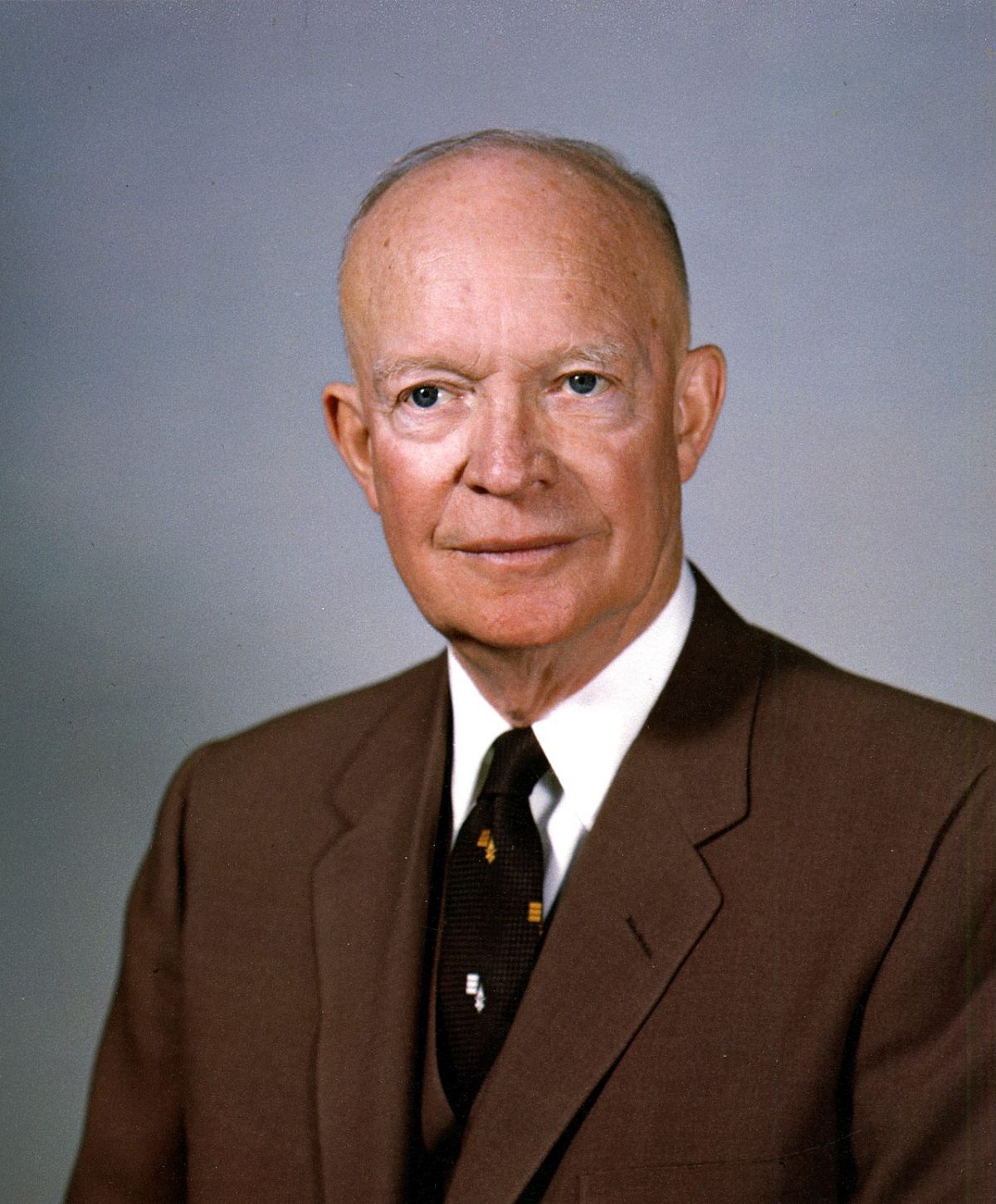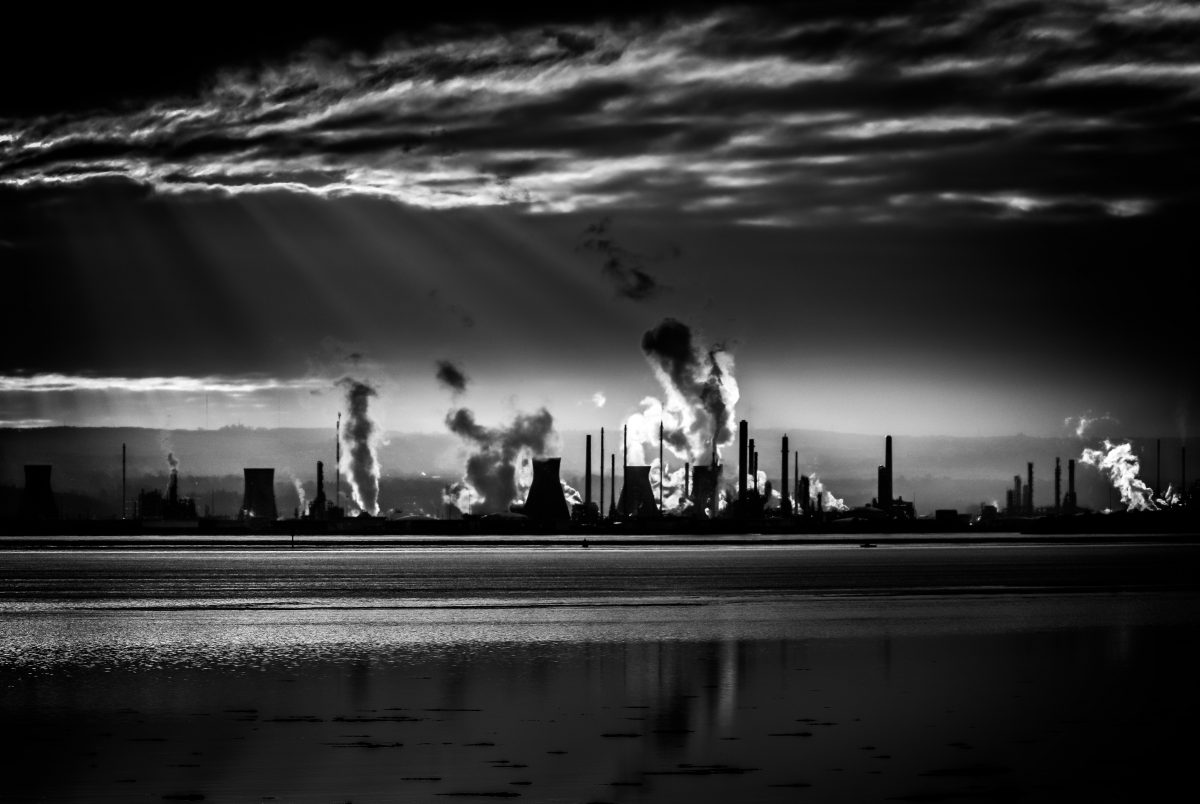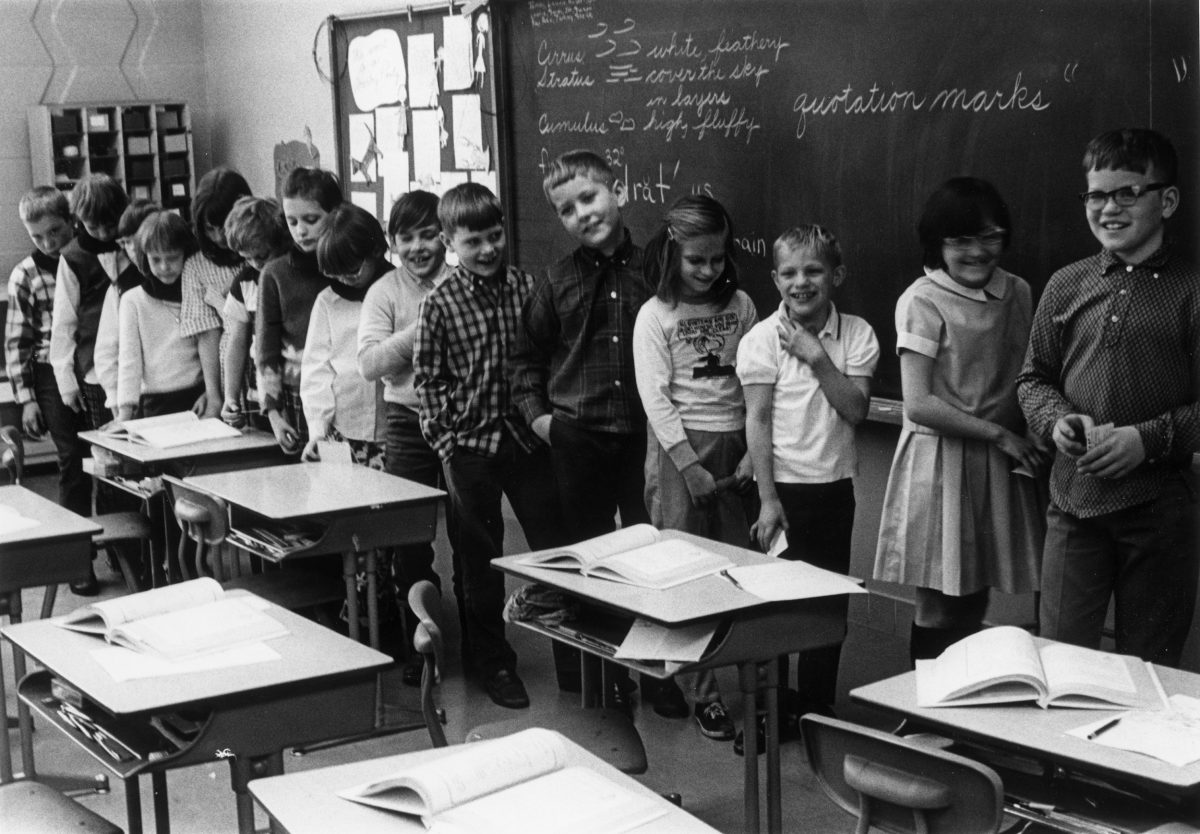This is a man full of Business Success.
He says he’s worth millions, maybe billions, of dollars in property and licensing deals, but goes bankrupt six times. Then he tells the IRS he’s lost so much money from the bankruptcies and other failed ventures that he doesn’t have enough to pay taxes for 10 out of the next 15 years. Which they accept. Even as he lives like a king.
Now that’s Business Success!
He uses TV Producer Mark Burnett’s skill to make millions as star of The Apprentice. Then he uses his Business Success and stardom to convince voters that he would be an even better President.
When he does pay the IRS, it’s only $750.00 for 2016 and $750.00 for 2017, the amount losers pay on income of around $16,000 a year!
That, is sophistication. That is panache. That is Business Success like we’ve never seen before!
Here are some more examples:
1) The Debate
That’s where he really showed his talent! Biden didn’t have a prayer. T-Rump interrupted, insulted, and attacked him like Conor McGregor in a UFC fight. Even the moderator, Fox’s Chris Wallace, couldn’t control him. It wasn’t a debate. It wasn’t a discussion. It was a brawl. And T-Rump wiped the floor with Biden and Wallace. So cool!
2) He has Tough Standards
He expects really Tough Standards from those he works with. Take McConnell, for example. We know all politicians are just a bunch of lying hypocrites. But McConnell makes other politicians look like choir boys when it comes to lying. He blocks Obama from choosing a Supreme Court Justice, saying, “Voters should have a voice”, then rams through a candidate for T-Rump saying “voters have already voted … for me and the T-Rump! Team”.
And when the crybaby Democrats complain, McConnell simply waves a middle finger at them and says, “TS!”
But even McConnell can’t touch T-Rump’s Tough Standards with the truth. In less than 4 years, 20,000 lies! He’s actually triggered a brand new form of journalism, “Fact-Checking”.
Lies flow from him like hope from an ICE refugee camp.
Who else could even begin to do that? Not Biden, that’s for sure. He’s way too much of a weak-willed, goody goody.
3) T-Rump is a Commie Fighter.
Here’s a guy who will finally get rid of Obamacare, that commie health insurance system.
Now 22 million mothers, fathers, children, grandparents, uncles, aunts will have to stop clogging our health system and breaking the financial backs of our insurance companies with things like preventive healthcare and pre-existing conditions.
Those losers will join the 19 million losers without health insurance, most of whom are poor, brown, black- or worse – immigrants!
No tickee, no washie, I say.
Of course, he can’t stop them from clogging up the ER, for say, a head cold or the flu, getting everybody around them sick, and then sticking the hospital with the $1000 plus bill. Or getting Covid19 and tying up all those ventilators and medical professionals so regular people can’t use them.
Don’t get me wrong. I’m very sympathetic to every one of those 41 million losers.
I just don’t want any of them in my health system.
4) Teamwork
T-Rump understands, more than any President before him, the importance of teamwork to achieve Business Success. That’s why he is constantly working on improving his team. He’s replaced 489 administration employees in a little over three years!
That includes three Chiefs of Staff, The Secretary of State, six different national security advisors and, this year, six different people leading the Covid19 effort.
5) The Economy
This is where T-Rump’s Business Success really shines. Sure, Obama led steady recovery from the 2008 crash. But it was T-Rump who put it in overdrive by adding a trillion dollars of debt with his tax cut for the wealthy (including him). Clever, huh? Kind of like claiming business success based on bankruptcies.
Which leads us to…
6) The Pandemic
T-Rump did not, as many of you whiny progressives claim, mismanage the pandemic. In fact, he managed it beautifully.
Rather than make arbitrary decisions like some South American dictator, he left the decisions to governors around the country. Then, as they battled each other for life and death supplies, he calmed the country’s nerves by telling Americans the Covid19 would miraculously disappear. That’s Business Success!
And the biggest reason to vote for T-Rump. He’s been a failure in business, in marriages, and as President. But he’s always convinced himself and others that his failures were actually successes.
That’s T-Rump – all BS.
